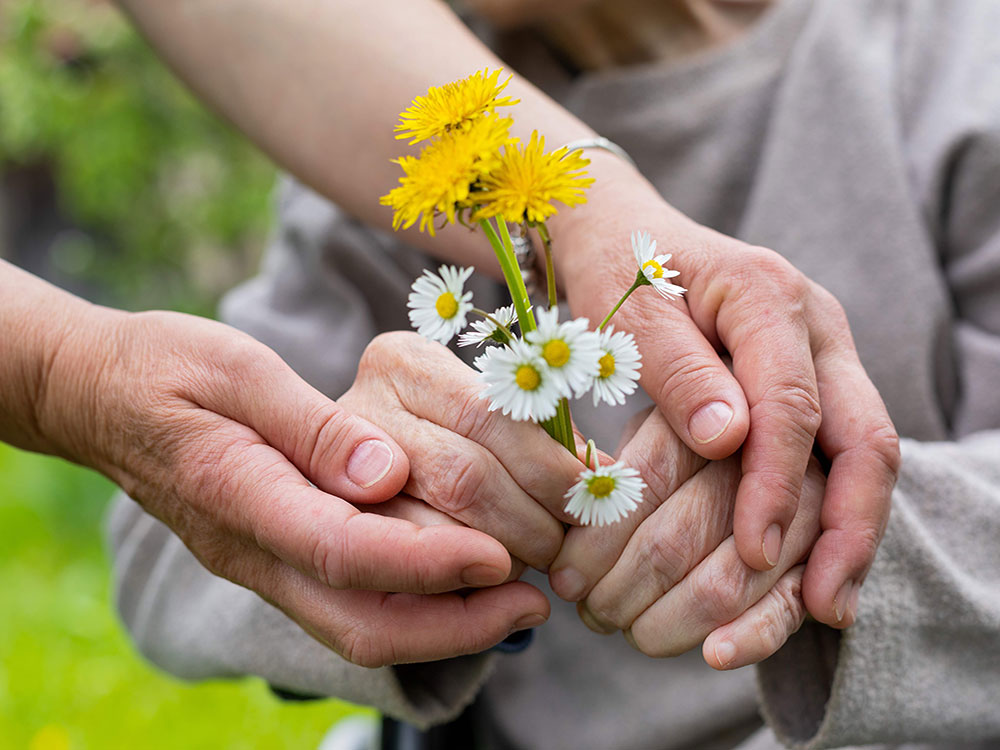The British medical journal The Lancet recently published a new report from its commission on the response to the COVID-19 pandemic. That response, the commission concludes, “has been nothing less than a massive global failure — a failure of rationality, transparency, norms of public health practice, operational co-ordination and international solidarity.”
The commission blames “medical populism” for much of that failure: “simplifying the pandemic by downplaying its impacts or touting easy solutions or treatments, spectacularizing their responses to crisis, forging divisions between the ‘people’ and dangerous ‘others,’ and making medical knowledge claims to support the above.”
To improve our failed response, the commission recommends “prosociality”: “the orientation of individuals and government regulations to the needs of society as a whole, rather than to narrow individual interests.” When individuals and groups pursue their own interest, “each member of the society ends up weakening the society as a whole.” Pandemics, the commission says, “require co-operative responses rather than selfish — and self-defeating — behaviours.”
The commission explains that co-operative responses to infectious diseases are built on five pillars: prevention, containment, health services, equity, and global innovation and diffusion — “to develop, produce and distribute new therapeutics and vaccines in an equitable and efficient manner.”
These five pillars apply to many other problems we face in public health, including one that Canadians prefer to ignore: the rapid growth in dementia cases. Prosocial policies may be the only way we can respond to that problem.
In 2020, according to a new report from the Alzheimer Society of Canada, 124,000 Canadians were diagnosed with dementia.
According to the report, the number of new cases will rise to 187,000 in 2030 — “an increase of 51 per cent in the number of new cases per year and an overall increase of 65 per cent in the number of Canadians living with dementia.” In other words, almost a million Canadians (and their families and friends) will be living with some form of dementia. By 2050, the number will rise to 1.7 million, “with an average of 685 individuals being diagnosed each day.”
The report predicts dementia will hit Western Canada hardest because of rapid population growth: “Alberta and British Columbia are expected to have greater percentage increases in people living with dementia. Alberta will see a 286 per cent increase in the number of people living with dementia from 2020 to 2050. For British Columbia, this increase will be 218 per cent.”
They will not be the only ones. The World Health Organization says about 55 million persons worldwide are now living (and dying) with the condition, most of them in low- and middle-income countries. WHO predicts that “this number is expected to rise to 78 million in 2030 and 139 million in 2050.”
COVID-19 increases dementia risk
Dementia may be an even bigger problem than the Alzheimer Society report predicts. A recent American study suggests that older people who recover from COVID-19 are 69 per cent more likely to develop dementia within a year. The risk is highest in those aged 85 or older, and in women. Presumably such findings apply to the rest of the world as well.
Also living with dementia will be the caregiving partners of those affected. The Alzheimer Society report estimates that “by the year 2050, more than one million Canadians will serve as care partners to people with dementia. The care they provide will be equivalent to more than 1.4 billion hours per year or 690,000 full-time jobs.”
Of course, the vast majority of these “jobs” will be unpaid, literally labours of love. Care partners will be mostly middle-aged children of dementia patients; they will be caregiving in addition to, or instead of, paid work.
COVID-19 has taught us, among other things, that we care little or nothing about old people, or we wouldn’t have let them sicken and die in long-term care. And by “we” I mean Canadians in particular. According to a report by the Canadian Institute for Health Information, “Between March 1, 2020, and Aug. 15, 2021, over 56,000 residents and 22,000 staff in Canada’s long-term care and retirement homes were infected with COVID-19, resulting in more than 14,000 deaths among staff and residents.”
Another CIHI report states: “While Canada’s overall COVID-19 mortality rate was relatively low compared with the rates in other OECD countries, it had the highest proportion of deaths occurring in long-term care. Long-term care residents accounted for 81 per cent of all reported COVID-19 deaths in Canada, compared with an average of 38 per cent in other OECD countries (ranging from less than 10 per cent in Slovenia and Hungary to 66 per cent in Spain).”
COVID-related mortality in long-term care facilities fell with the introduction of vaccines, but it’s clear that Canadian governments have made a separate peace with the SARS-CoV-2 virus: they have pretended the pandemic is over, even as they also report, as of late August and early September, some 12,000 cases a week and almost 300 deaths. (Both numbers are likely severe undercounts.)
‘You do you’
About one per cent of Canadian COVID-19 cases are fatal, and as we’ve seen, 80 per cent of those are in old people living in long-term care. If thousands of younger Canadians must lock themselves down because of being immunocompromised, or living with relatives who are, that’s their personal decision. What we used to call public health is now “you do you,” while the rest of the country goes back to pretending it’s 2019 again.
But health-care workers have a very good reason for referring to the “burden of disease,” because it really is a burden — not only to those who fall ill, but to their families, friends, fellow workers and communities. The burden of dementia, like that of COVID-19, is heavier than it needs to be on all of us. Many cases of both diseases are preventable, but we have preferred to download the burden of them onto the most vulnerable: the patients and their caregivers, including health-care workers.
The Alzheimer Society report suggests that much of our future dementia burden can be avoided by minimizing common risk factors like poor education, hypertension, alcohol intake, obesity, depression, air pollution, deafness and diabetes. The report understands that such factors aren’t easily remedied by “you do you” self-care: “These factors are only truly modifiable if the proper supports are provided by our communities, public health agencies, and other governmental organizations.”
Prosocial supports
Proper, prosocial supports will also be needed for the continuing burdens of COVID-19 and long COVID, not to mention other novel viruses (and those making a comeback due to poor vaccination rates, like polio and measles). Those affected by climate disasters will also need proper, prosocial supports, not to mention the refugees and immigrants arriving in Canada between now and 2050.
To prevent or delay dementia, we would need a prosocial revolution. It would involve expanded adult education, to improve the chances of the poorly educated; expanded medical care, to reduce hypertension, obesity and diabetes; improved mental health programs for depression; environmental regulation to reduce air pollution; discouragement of alcohol consumption; cheap or free hearing aids; and a host of other expensive and disruptive measures.
Some antisocial Canadians are ready to shut the country down rather than get a COVID-19 vaccination or even wear a mask. So we can’t expect widespread public support for anti-dementia policies that would inconvenience most of us for the foreseeable future.
Still, if we will not prepare for predictable disasters, we will have no one to blame but ourselves when the predictions come true. ![]()
Read more: Health, Coronavirus

















Tyee Commenting Guidelines
Comments that violate guidelines risk being deleted, and violations may result in a temporary or permanent user ban. Maintain the spirit of good conversation to stay in the discussion.
*Please note The Tyee is not a forum for spreading misinformation about COVID-19, denying its existence or minimizing its risk to public health.
Do:
Do not: